June 18, 2015
Facilities managers must focus more on people and less on buildings
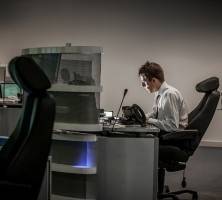 A report from facilities management company Mitie claims that the design and management of too many workplaces are hampering the productivity of employees. Based on a survey of nearly 2,500 service sector staff carried out by Quora Consulting, the report comes to the perhaps unsurprising conclusion that facilities managers should prioritise people over buildings. The study found that younger workers are especially critical of their surroundings and working cultures. Two thirds of 20-29 year olds claim that their offices are not designed to optimise productivity. Finance and legal workers also feel let down by their workplaces with almost half claiming their workplaces do not optimise their productivity. These sectors were also emotionally disengaged with fewer than 35 percent identifying themselves as ‘emotionally attached’ to their workplaces.
A report from facilities management company Mitie claims that the design and management of too many workplaces are hampering the productivity of employees. Based on a survey of nearly 2,500 service sector staff carried out by Quora Consulting, the report comes to the perhaps unsurprising conclusion that facilities managers should prioritise people over buildings. The study found that younger workers are especially critical of their surroundings and working cultures. Two thirds of 20-29 year olds claim that their offices are not designed to optimise productivity. Finance and legal workers also feel let down by their workplaces with almost half claiming their workplaces do not optimise their productivity. These sectors were also emotionally disengaged with fewer than 35 percent identifying themselves as ‘emotionally attached’ to their workplaces.




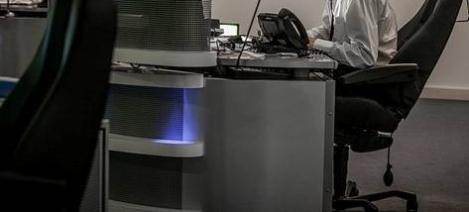


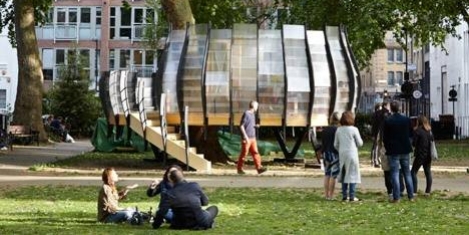




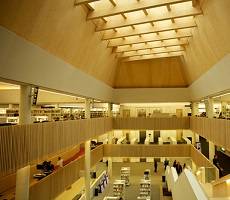
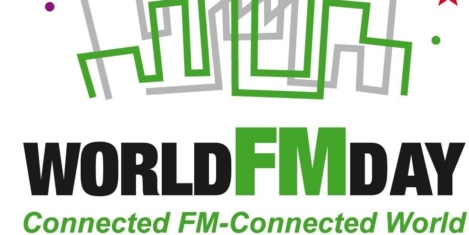

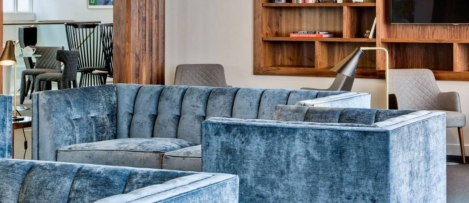
















June 19, 2015
Well designed offices should create spaces suitable for everybody
by Dan Callegari • Comment, Flexible working, Workplace, Workplace design
(more…)